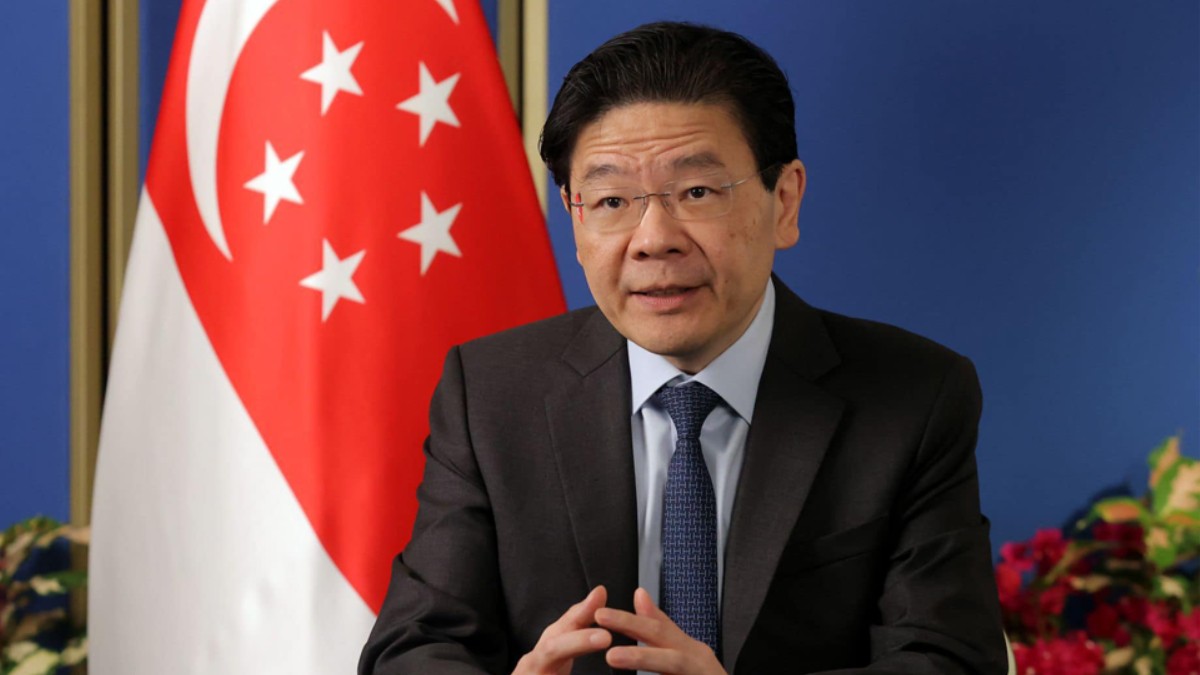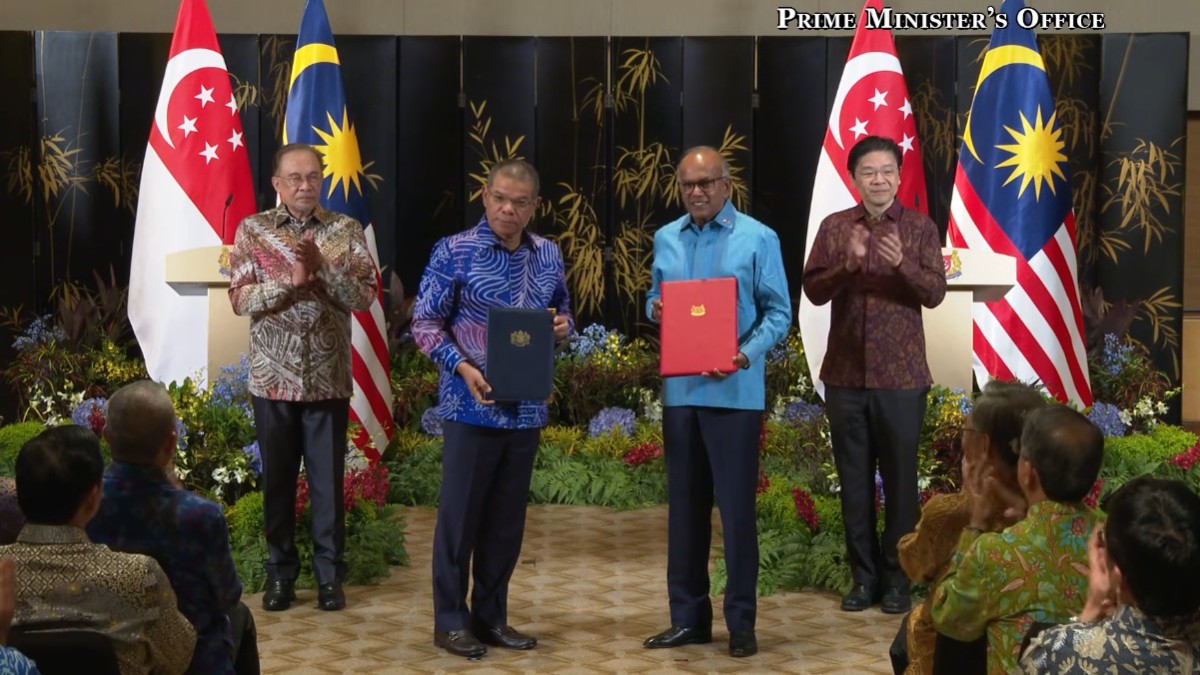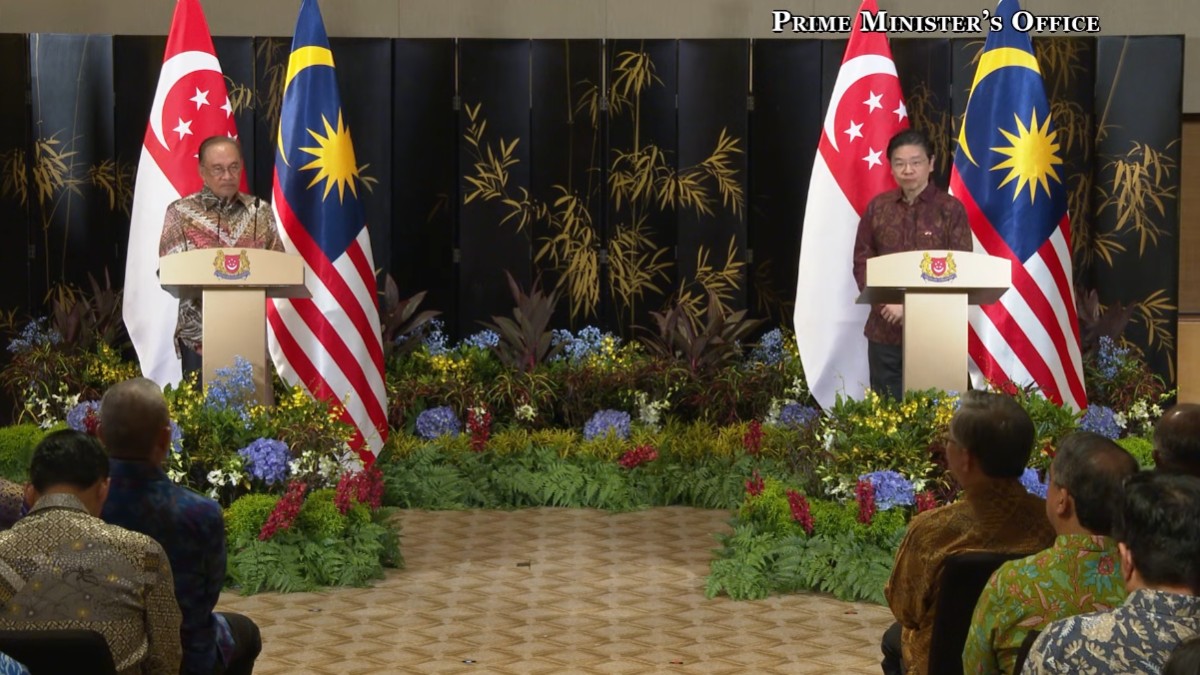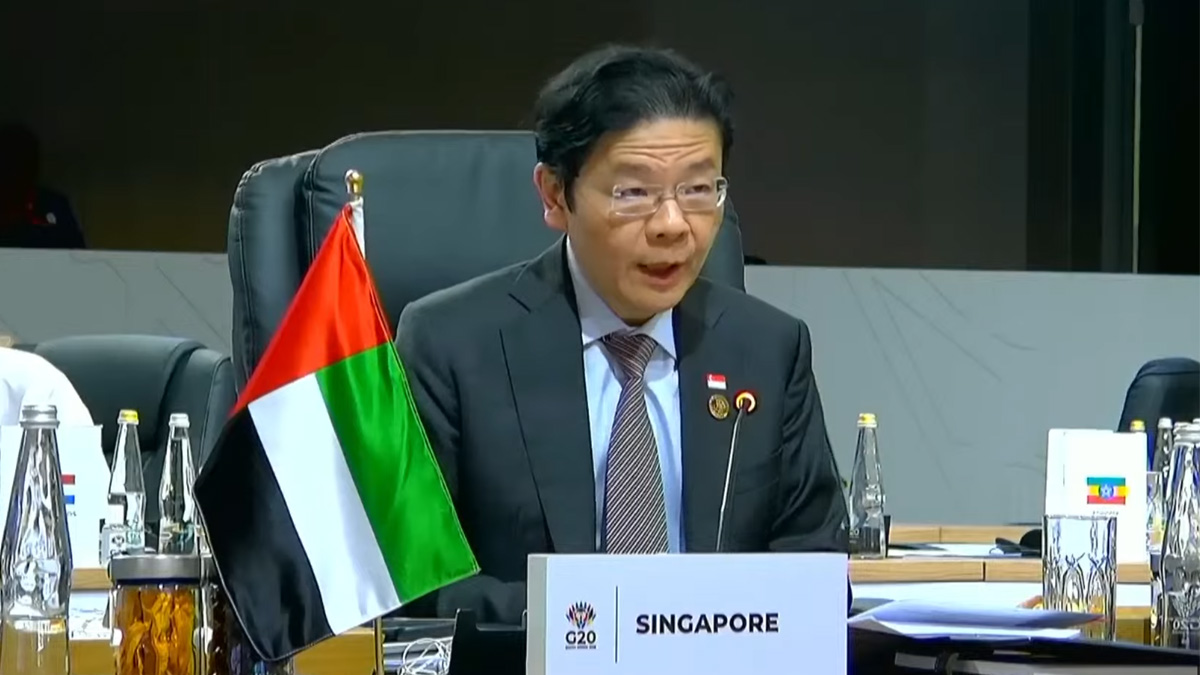Wong urges PAP to prepare for tougher battles ahead despite strong 2025 mandate
Prime Minister Lawrence Wong told PAP members not to be complacent after the 2025 General Election victory, warning that future contests would be more challenging. At the party’s annual convention, he stressed the importance of political renewal, strong leadership, and unity in a divided world.
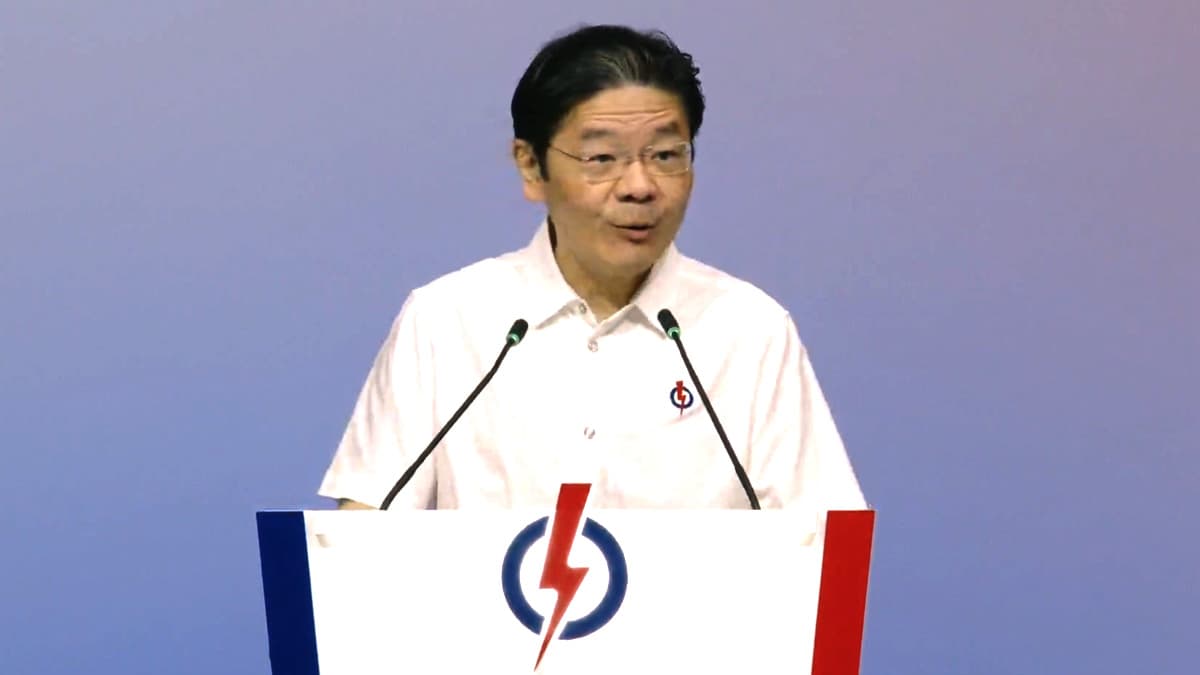
- Wong called for political renewal and readiness despite PAP’s increased vote share in the 2025 General Election.
- He warned against complacency and populism, stressing the need to preserve Singapore’s unity and standards.
- Priorities for this term include global engagement, economic resilience, and strengthening social policies.
Prime Minister Lawrence Wong has urged the People's Action Party (PAP) to resist complacency following its improved performance in the 2025 General Election, warning that the next contest will likely be even tougher.
Speaking at the PAP Awards and Convention on 9 November at the Singapore Expo, Wong said that while the result was a strong mandate, it was not overwhelming and came after hard-fought battles in several constituencies.
Under Wong’s leadership, the PAP won 87 out of 97 seats, an improvement from the 83 out of 93 seats won in 2020. The party also increased its national vote share from 61.2 per cent to 65.57 per cent.
“When the results came out, the same people who had messaged me earlier said: ‘Sorry, we should have had more confidence in you,’” Wong recounted.
“But I told them — there’s no need to apologise. You were right to sound a note of caution. Because in an election, no one can ever be certain of the outcome until the ballot boxes are opened and the votes are counted.”
The risks of racialised appeals and losing key GRCs
Wong singled out Tampines and Punggol GRCs as particularly close races that could have altered the election’s outcome and national mood.
In Tampines GRC, PAP’s team led by Masagos Zulkifli secured just 52.02 per cent of the vote. The Workers’ Party (WP), in its first campaign in the constituency, garnered 47.37 per cent under the leadership of Faisal Abdul Manap. Two other parties — the National Solidarity Party and People's Power Party — also contested.
Wong said a loss in Tampines would have signalled that the WP’s “calculated appeal” to the Malay-Muslim community had been effective, which could have far-reaching implications.
“That would have encouraged other political parties to do the same,” he warned. “It would only harm our social cohesion and lead to a divided Singapore.”
In Punggol GRC, the PAP team led by Deputy Prime Minister Gan Kim Yong won with 55.17 per cent against the WP’s 44.83 per cent.
The race had been widely expected to be one of the closest of the election cycle. Wong emphasised that had PAP lost Punggol, the result would have undermined the public’s confidence in the leadership of proven and experienced ministers.
“Singapore would have lost our very capable Taskforce Man,” he said, referring to Gan's role in steering Singapore through high-stakes international negotiations, including tariff discussions with the United States.
Wong explained that Gan’s leadership in economic diplomacy was critical in preserving Singapore’s place in a volatile global economy.
“He has shown the ability to defend our interests quietly but effectively, building relationships and resolving complex trade issues. To lose him would have been a loss for all Singaporeans,” Wong said.
Trust must be earned again, every time
Wong stressed that the election result should not lull the PAP into a false sense of security. He noted that public trust must be continually renewed through action and delivery.
“Singaporeans have high expectations and exacting standards. They will judge us not just by what we say, but by what we do,” he said.
“They will ask — have you delivered on your promises? Have we improved their lives? Do we have the right people, policies, and plans to take Singapore forward?”
Wong said the 2025 election result was “a good base”, but emphasised that the next General Election — whether in 2030 or earlier — would be “an even tougher battle”.
Urgency of leadership renewal and preparing the next generation
Reflecting on a conversation with former Prime Minister Lee Hsien Loong after the 2006 election, Wong recalled being told there was no time to rest — party renewal had to begin immediately.
“Now it’s my turn. Now I understand the urgency,” Wong said. “Because the next generation needs time to learn, prepare and earn the confidence of Singaporeans. If you miss one cycle, you lose five years.”
Wong said the PAP had made good progress in this area. Twenty-seven new and first-term MPs have entered Parliament, with many already making tangible improvements on the ground.
He cited Hamid Razak and Cassandra Lee from West Coast–Jurong West GRC and Hazlina Halim from East Coast GRC as examples.
He also announced that the Cabinet is now made up largely of fourth-generation (4G) leaders, with a few 3G veterans. Soon, a 5G leadership team would begin to emerge.
“By the next election, I hope we can start to see the outlines of a new 5G team,” Wong said.
Six new political officeholders were also named in the latest reshuffle:
-
Jeffrey Siow (Acting Minister for Transport)
-
David Neo (Acting Minister for Culture, Community and Youth)
-
Dinesh Vasu Dash (Minister of State, Culture, Community and Youth, and Manpower)
-
Jasmin Lau (Minister of State, Digital Development and Information, and Education)
-
Goh Pei Ming (Minister of State, Home Affairs, and Social and Family Development)
-
Zhulkarnain Abdul Rahim, who will take office as Minister of State for Foreign Affairs and Social and Family Development in 2026
“These new officeholders bring fresh energy, new perspectives, and deep commitment to serve Singaporeans,” said Wong.
Calling out bad politics and upholding standards
Wong warned about the risks of political norms being gradually eroded by distortions, half-truths and populist appeals.
“Each time something crosses the line, we must call it out,” he said. “Because if we remain silent, the boundary is pushed back a little, and politics becomes more toxic and divisive.”
He acknowledged that calling out such behaviour carries a political cost and often draws criticism, but argued that silence would cost Singapore more.
“If we cared only about short-term political expediency, it would be far easier to let these things slide,” Wong said. “But we must speak up — not out of partisanship, but out of duty and responsibility.”
His remarks came a day after Law Minister Edwin Tong criticised Leader of the Opposition Pritam Singh for stating that the "court of public opinion can be bigger than any court in the world".
While Wong did not name specific individuals, the message was clear: the PAP would not normalise damaging political behaviour, even if doing so came at a political cost.
Government’s priorities for the new term
Wong laid out three national priorities for the government in this term.
1. Securing Singapore’s place in a changed world
He said Singapore faces structural changes in the global order, including protectionism, nationalism and shifting power dynamics.
Singapore must “make things happen” and cannot afford passivity.
He called on all ministries to strengthen international engagement, saying these efforts are vital to creating jobs and opportunities at home.
2. Keeping the economy competitive and strong
Global supply chains and capital flows are evolving, Wong said, and Singapore must stay at the centre of these trends.
He acknowledged that transformation involves disruption, including retrenchments, but called this part of a healthy economy’s renewal.
The government’s role is to help Singaporeans ride through the change and ensure no one is left behind.
Deputy PM Gan Kim Yong’s Economic Resilience Taskforce will make recommendations by early 2026.
3. Strengthening social support and unity
Wong said key policies in education, healthcare, housing and retirement are being reviewed.
“All these efforts are about one thing: enabling every Singaporean to look to the future with confidence,” he said.
The goal is to strengthen safety nets and ensure that Singaporeans “do not have to walk this journey alone”.


